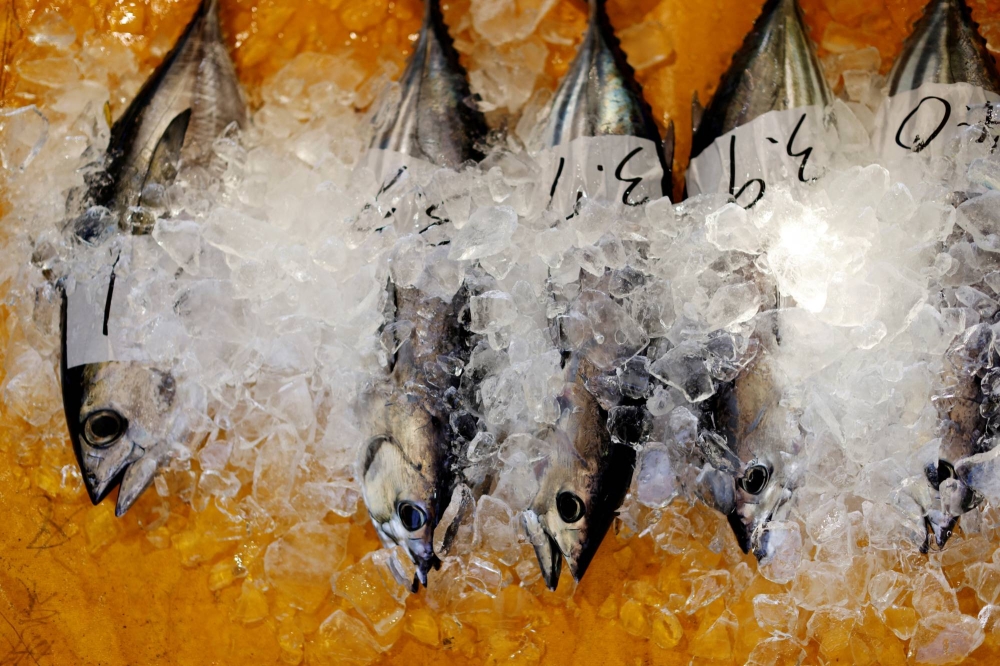China’s seafood imports from Japan dived 67.6% from a year earlier in August, Chinese customs data showed Monday, as Beijing introduced a total ban on marine products shipped from its neighbor late that month.
The pace of decline accelerated from 28.5% in July, with China imposing the total ban in response to the discharge of treated radioactive water from the crippled Fukushima No. 1 nuclear power plant into the sea beginning Aug. 24.
In August, China imported from Japan seafood worth 149.02 million yuan, the data showed. Beijing has strongly opposed the discharge of the Fukushima water, calling it “nuclear contaminated,” and demanded Japan halt it immediately.
Even before the water release began in late August, China had already tightened controls on marine product imports from Japan in early July by introducing blanket radiation testing on them.
As a result of protracted customs procedures required by the blanket testing, China’s imports of chilled fresh fish products from Japan dropped significantly in July, causing damage to dealers and Japanese exporters.
In late August, China notified the World Trade Organization, which oversees the rules of international trade, of its emergency import ban, prompting Japan to lodge a protest.
In a document submitted to the WTO in early September, Tokyo argued Beijing’s import suspension is “totally unacceptable” and said it will continue to ask its neighbor to “immediately repeal its measure.”
The International Atomic Energy Agency concluded in a report in July that the Fukushima water release plan aligns with global safety standards and will have a “negligible” impact on people and the environment.





















Discussion about this post